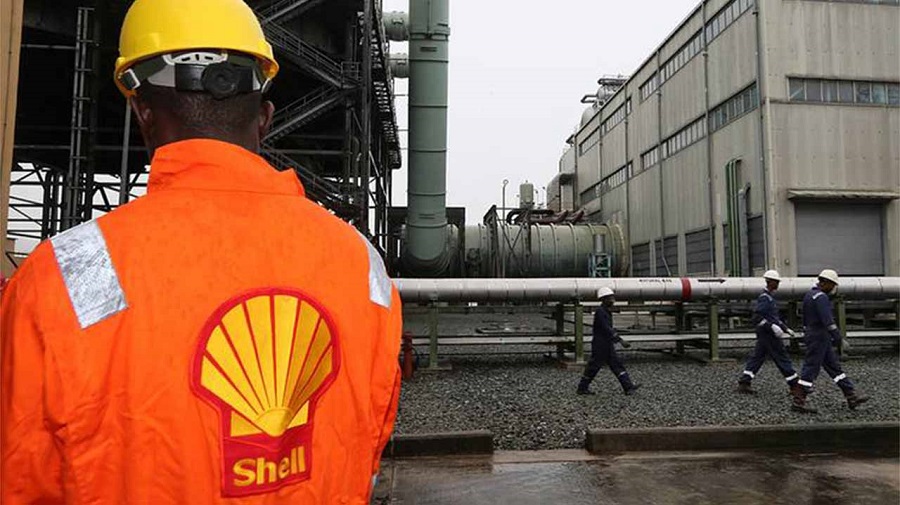Brief summary of the developments regarding Lukoil’s Bulgarian refinery and Shell’s chemical operations:
Lukoil’s Bulgarian Refinery Sale Considerations:
In November 2024, reports emerged suggesting that Lukoil, the Russian energy conglomerate, was contemplating the sale of its refinery in Burgas, Bulgaria—the largest in the Balkans—to a Qatari-British consortium comprising Oryx Global and DL Hudson. This potential sale was perceived as a strategic move to reduce Moscow’s influence over Southeast Europe’s energy supply. However, Lukoil’s subsidiary, Litasco, refuted these claims, stating that no discussions had occurred with the mentioned consortium or Russian authorities regarding the sale. The company acknowledged exploring various options for its Bulgarian operations but emphasized that no specific decisions or transactions had been finalized.

Shell’s Potential Divestment of Chemical Assets:
As of early March 2025, Shell is reportedly considering the sale of its chemical assets in the United States and Europe. This strategic review, conducted with the assistance of Morgan Stanley, aligns with CEO Wael Sawan’s initiative to refocus the company on its most profitable operations, particularly in oil and gas production. The assets under consideration include facilities in Texas, Pennsylvania, Louisiana, the United Kingdom, Germany, and the Netherlands. The Deer Park facility near Houston, Texas, is among those identified for potential sale. This move comes in response to the chemical division’s recent financial challenges, attributed to factors such as low natural gas prices and increased manufacturing capacity, leading to losses in the sector.

These developments reflect a broader trend of energy companies reassessing and restructuring their portfolios to adapt to evolving market dynamics and enhance profitability.
The Dangote Refinery has emerged as a transformative force in Africa’s energy sector, setting new benchmarks for the continent’s economic engagement. In recent developments, the refinery has successfully exported Premium Motor Spirit (petrol) to countries such as Cameroon, Angola, Ghana, and South Africa. Additionally, it has been supplying diesel and jet fuel to European markets, showcasing its adherence to international standards and its capability to meet global demand.

This strategic expansion not only underscores the refinery’s operational excellence but also positions it as a key player in the global energy landscape. By targeting both African nations and European markets, Dangote is effectively bridging supply gaps and reinforcing Africa’s potential in the energy sector.

Simultaneously, European energy companies are recalibrating their strategies in response to evolving market dynamics. For instance, Shell is contemplating the sale of its underperforming chemicals businesses in the US and Europe, aiming to refocus on more profitable assets. Additionally, PetroChina has entered into a preliminary agreement with Germany’s Mabanaft to enhance fuel sales in Europe, reflecting a shift towards diversified partnerships.

These developments indicate a broader trend of global energy companies seeking new markets and restructuring operations to adapt to changing economic landscapes. Dangote’s proactive approach serves as a catalyst for other African enterprises to redefine their roles and strategies, potentially leading to a more integrated and influential presence in the global economy.
Imran Khazaly
Headlinenews.news.




